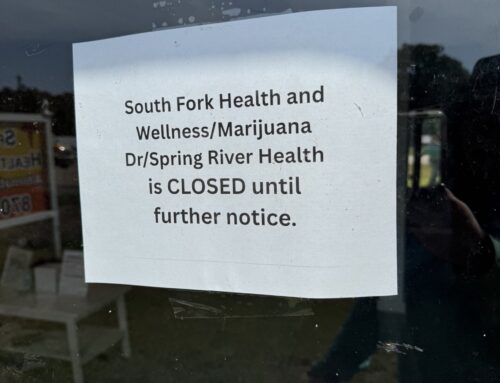Einstein said time was relative, and it appears the U.S. Senate agrees after a unanimous vote was passed March 15 to bring Daylight Savings Time into the limelight as permanent beginning in 2023 if the House agrees.
The Sunshine Protection Act, introduced in 2021 by Republican Representative Vern Buchanan once signed into law will do away with changing time, however; states with areas exempt from daylight saving time may choose the standard time for those areas.
Daylight Savings Time was enacted in the United States in 1916 in an effort to conserve fuel during WWI.
Initially, in place for six months, it was extended to begin the second Sunday in March and end the first Sunday in November with only four months of “standard time”.
Extensive studies have shown the rate of heart attacks, strokes and fatal vehicle accidents occur more often in the days immediately following a time change.
One positive aspect of the time change is that those issues will be reduced along with seasonal depression.
Additional studies show certain crimes are reduced by more than 25 percent following the start of Daylight Savings Time, the economy improves, and the use of energy is reduced.
The bill will now go before the House of Representatives and with any luck, will also be passed without quarrel.
Lauren is a an award-winning journalist who decided after 10 years of newspaper experience to venture out. Hallmark Times was born.






